Raleigh Review 2020 Flash Fiction Contest Winners
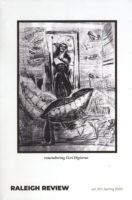 The Spring 2020 issue of Raleigh Review features the winner and two runners-up of the 2020 Flash Fiction Contest. The winner received $500 and publication, and the runners-up received Raleigh Review’s standard $15 payment as well as publication. The pieces are set apart in the latest issue with pages bordered in blue for the winner and purple for the runners-up.
The Spring 2020 issue of Raleigh Review features the winner and two runners-up of the 2020 Flash Fiction Contest. The winner received $500 and publication, and the runners-up received Raleigh Review’s standard $15 payment as well as publication. The pieces are set apart in the latest issue with pages bordered in blue for the winner and purple for the runners-up.
Winner
“The Museum of Forgotten Emotions” by Alexander Weinstein
Runners-up
“Cezanne” by Alexander Steele
“The Year of Transformation” by Sarah Hardy
The Raleigh Review Fiction Team served as this year’s judges. The 2020 contest opened on July 1, 2019, so check back this summer for details on the 2021 contest.

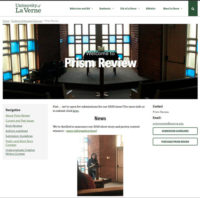

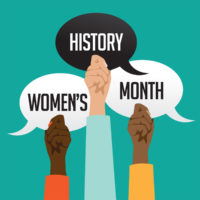
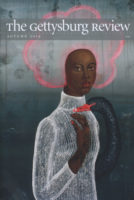
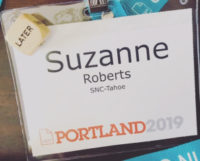
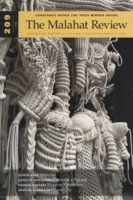
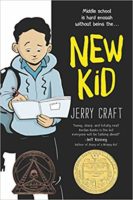

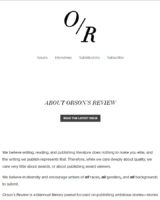
 Planning on marketing your book to indie bookstores and libraries this spring? Let us help you get started. NewPages offers digital and physical mailing lists to bookstores, libraries, and newspapers within the United States. With a new, lower rate on our digital lists and guaranteed delivery to postal addresses, our lists are a great value and a big help getting your book into the hands of booksellers and readers across the country.
Planning on marketing your book to indie bookstores and libraries this spring? Let us help you get started. NewPages offers digital and physical mailing lists to bookstores, libraries, and newspapers within the United States. With a new, lower rate on our digital lists and guaranteed delivery to postal addresses, our lists are a great value and a big help getting your book into the hands of booksellers and readers across the country. 
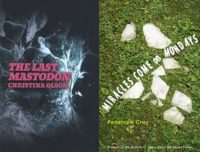
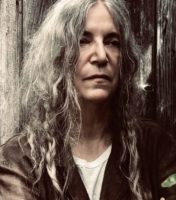
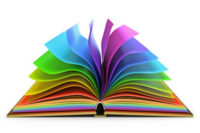

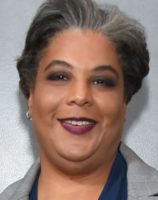


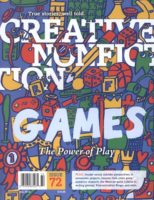
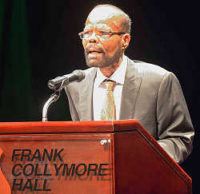
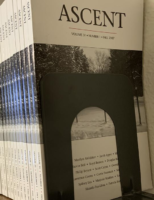
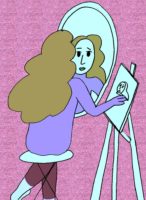

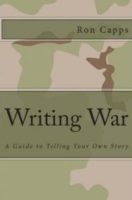


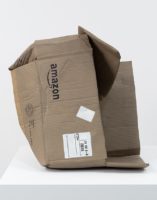
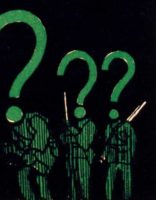
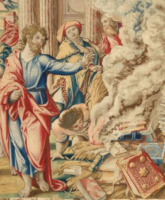
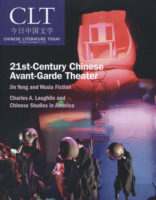
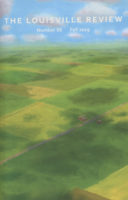
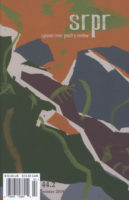
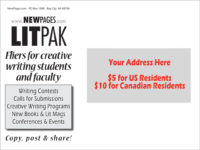
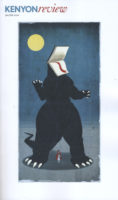
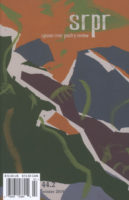
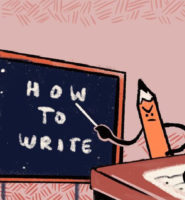

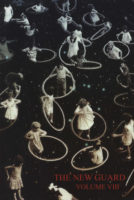


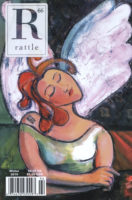
![Caitlin O'Neil [cropped headshot]](https://www.newpages.com/wp-content/uploads/2020/01/reading-tampa-review-caitlin-oneil-cropped-160x200.jpg)